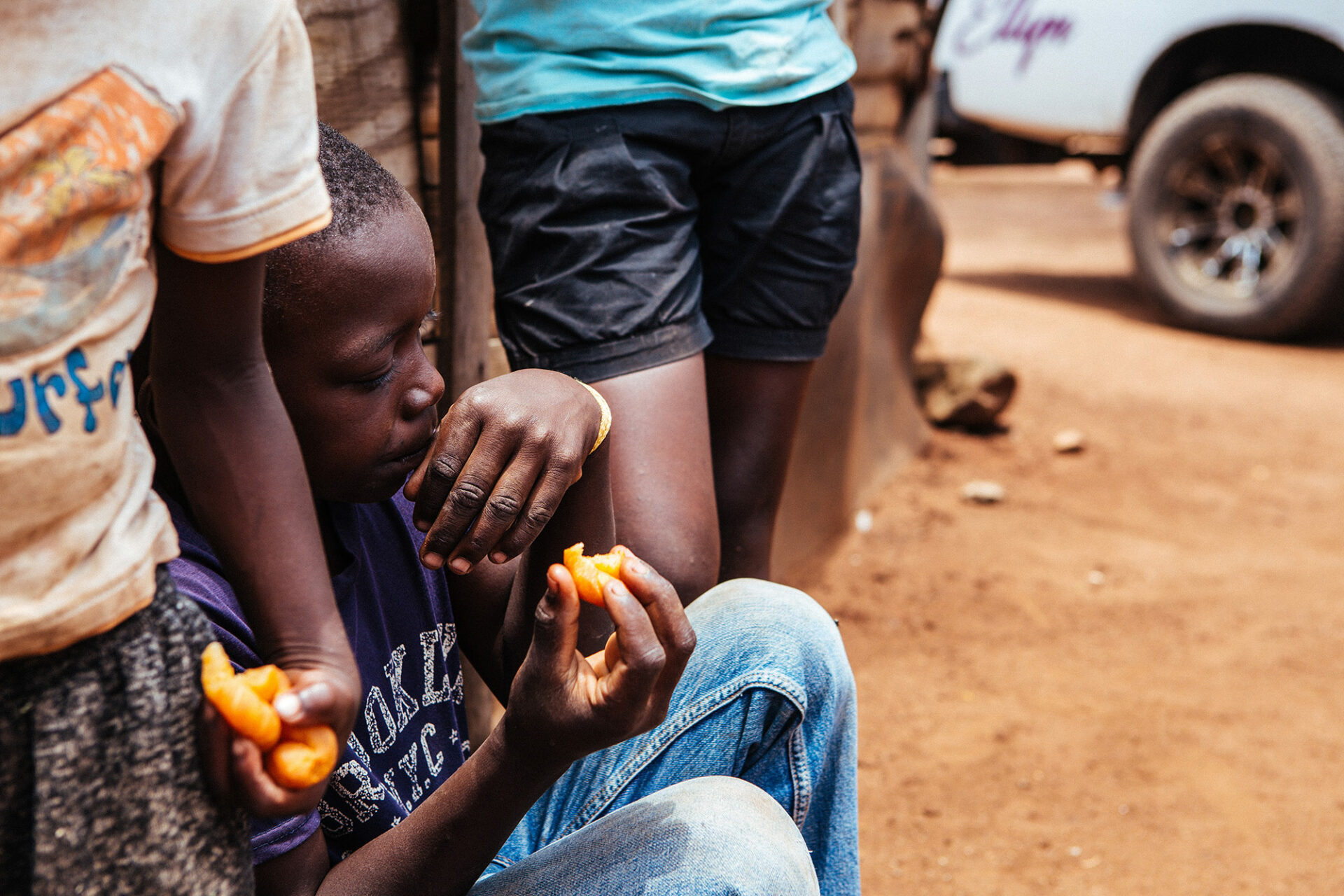Nearly one out of three of us lives with food insecurity and malnutrition. But we see a future in which no one does. For every dollar amount you donate helps Food Rights Alliance enhance its efforts towards the right to food.
Donate TodayHunger is a feeling that can be different for everyone, but food insecurity actually measures the conditions that can lead to hunger.

Food insecurity describes a household’s inability to provide enough food for every person to live an active, healthy life. Food insecurity is one way we can measure and assess the risk of hunger. In the Uganda currently, 1 in 8 people struggle with hunger.
In the urban communities like central Uganda, one “bad month” can be enough to plunge a household into food insecurity. Lay-offs at work, unexpected car maintenance or an accident on the job can suddenly force a family to choose between buying food and paying bills. Working families across Uganda face countless situations that can result in food insecurity and hunger.
In rural settings, the exclusion of women, poverty and hunger have led to food insecurity, domestic violence, poor health, child marriages and high school drop-outs. In order to overcome stresses caused by exclusion, poverty and hunger, women have adopted various strategies like looking for alternative sources of income. These include joining Village Saving and Loan Associations (VSLAS), borrowing food from relatives and friends, working much harder to earn a living, consuming less food, begging, gathering wild fruits, vegetables and prostitution.
Food insecurity can have a wide impact, depending on each individual’s circumstances.
Some of the most common, yet complex, effects of food insecurity include: Serious health complications, especially when people facing hunger are forced to choose between spending money on food and medicine or medical care; damage to a child’s ability to learn and grow; and difficult decisions for seniors — often living on fixed incomes — such as choosing between paying for food and critical healthcare.
Learn more about the unique challenges hunger poses for Uganda’s diverse communities ›
Part of what makes food insecurity so difficult to solve is that the underlying causes — poverty, unemployment/under-employment and inconsistent access to enough healthy food — are often deeply interconnected. Moving in and out of food insecurity simply adds more stress to a household that may already be wrestling with instability and unpredictability.
Food Rights Alliance is leading the fight to end hunger and malnutrition in Uganda. We work to raise awareness about the issue, advocate for policies to protect people in need and conduct in-depth research to find solutions to hunger.
Get the facts on hunger and poverty ›
The Food Rights Alliance network is meeting the needs of families across the Uganda and helping them build a brighter future. Give monthly to enhance our goal of the right to food year-around to hungry families.
One in three people suffers from food insecurity and malnutrition, but we believe in a future where no one does. To help end this injustice, you can make a secure donation via credit card or PayPal.
Help Set the Table for a hunger-free nation by advocating for the Right to Food. Host a dinner party and ask your guests to donate instead of bringing a dish. Run a marathon and have friends sponsor your effort.